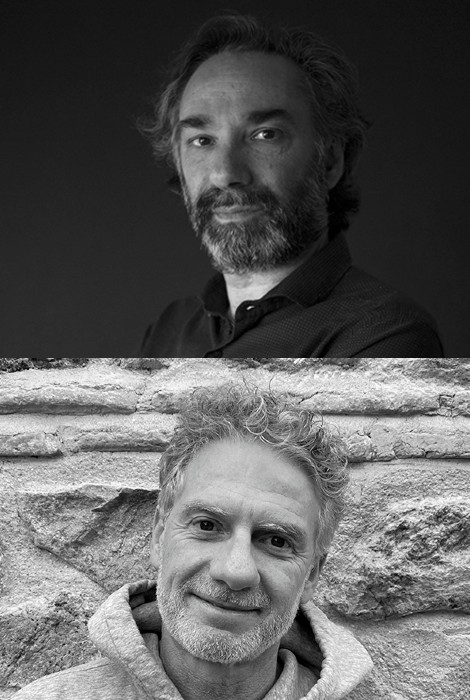Why did that hyenafollow me, did it pity me?Unpleasant animal,friendly thoughaccording to the ethologists,the very great epicenewas a bitter drink for me.What is that woman laughing at, that hyena?What is she laughing at? Is she a womanor making a scene? The famoushysterical laughter? If she’s not evenfrom the Americas, could she bedisoriented? Red she livesalmost next door and I,who wish to become nothing,have to listen to her adviceand dumb warnings:“in your condition,”she’s said on several occasions,“you can’t demand so much.But that’s why I’m here, so you can have needs,”and she feinted as if to kiss me.My scavenger neighborwaits and belabors.Although sometimes I get panicky,something about this canine attracts me:though I live sitting down, frankly in diminishment,she still thinks to my astonishment, —indulgent obscene hyena—that my flesh is a worthy arena.
Una Hiena en Mi Vireda
¿Por qué me siguióesa hiena, le habré dado pena?Antipático animal,amable sin embargoal decir de los etólogos,la grandísima epicenafue para mí un trago amargo.¿De qué se ríe esa mujer, esa hiena?¿De qué se ríe? ¿Es mujero hace la escena? ¿La famosarisa histérica? Si ni siquieraes de América, ¿estarádesorientada? Vive rojacasi al lado y yo,que quiero convertirme en nada,tengo que oír sus consejosy necias admoniciones:“en tus condiciones”,dijo en varias ocasiones,“no podés exigir demasiado.Pero estoy acá para eso, para que puedas necesitar”,y amagó con darme un beso.Mi vecina carroñeratiene paciencia y espera.Aunque a veces me de pánico,algo me atrae de este cánido:pese a que vivo sentada, en franco diminuendo,parece seguir creyendo, —indulgente hiena obsecna—que mi carne vale la pena.





